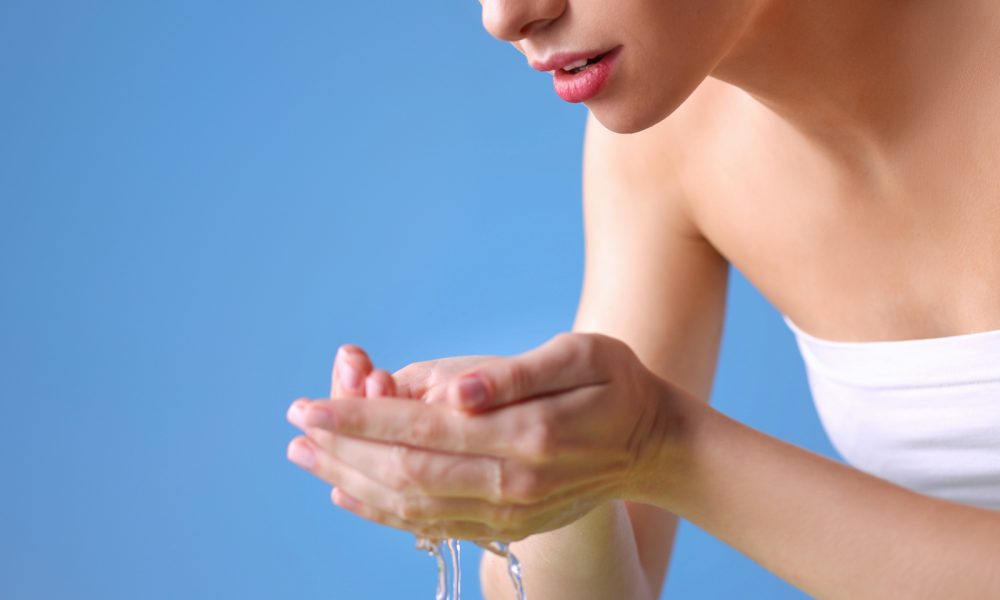

Your cleanser might be doing too good of a job.
The best thing you can do for your skin is to regularly cleanse and moisturize. Even the most basic of skincare routines abide by these tenants. It’s a must to get rid of your makeup, a must to keep your pores from clogging, and just a must to keep your skin in the best shape possible.
So many of you fall victim to the nightly error of sleeping without washing your face, and even if the pimples didn’t tell you off enough- we are! While we’ve preached enough about the need for a facial cleanser, there also comes a need to understand when your cleanser is causing more harm than good. Yep! It shouldn’t be taking away your natural oils and stripping your skin of all moisture. All it needs to be doing is removing all traces of dirt. With this list, we hope you start to pay close attention as the right facial cleanser is the first step to clean and healthy skin.
- Read Your Labels
A facial cleanser should be as closely considered as any other skincare product. It could easily contain ingredients that are either too harsh or that could aggravate your skin.
As a general rule of thumb, make sure you always read the label on your cleanser. See if it contains natural hydrating ingredients such as coconut oil. If you have oily skin, then keep an eye out for charcoal for a deeper cleanse.
Where your facial cleanser can go wrong is if it contains generally harmful ingredients. Many cleansers contain alcohol, but if it’s at the top of the list, put it back where you found it. Alcohol can be super stripping on your skin and can even cause reactions such as rashes. Sulfates are also something you don’t want in your facial cleanser. Making sure it doesn’t contain any harmful ingredients such as those is your best way to ensure the best results.

- The Best Cleanser for Your Skin Type
Not all cleansers are made equally, and each are made for a particular skin type. If you have oily skin, you need a cleanser with ingredients, such as clay or charcoal, that draw out impurities. But if you have sensitive or dry skin, this harsh cleanser can strip your skin of its natural oils. Micellar water is a common option for those with sensitive skin. But if you’re the kind of woman who wears layers and layers of makeup and doesn’t use any oils to cleanse your pores, you will often be stuck with leftover makeup in your pores for days. And if you love the feeling of a cleansing balm and you don’t have dry skin, then you’re adding in extra moisture and oils without detoxifying your skin first!
Regardless of your skin type, you should shop for silicone facial cleansing brush to ensure a deep, gentle, and effective cleanse. This tool can effectively cleanse your face and remove makeup without irritating or damaging your skin as it’s designed to be gentle on all skin types.

- PCSD (Post Cleanse Stress Disorder)
The best way for you to tell if your facial cleanser is causing more harm than good is to simply evaluate how you feel after it. Once you’re done washing your face, your skin should feel smooth and refreshed. It should feel deeply cleansed and super soft to the touch.
Where things can get problematic is when you hate how your skin feels post-wash. If you find yourself quickly reaching for hydrating products right after to recover from your post-cleanse skin, then something is wrong!
Your skin shouldn’t feel tight and stripped. It shouldn’t feel uncomfortable and overly matte. Make sure you avoid cleansers that cause more instant harm than good. Your facial cleanser is supposed to leave your skin feeling clean and fresh, and not give you PCSD!























